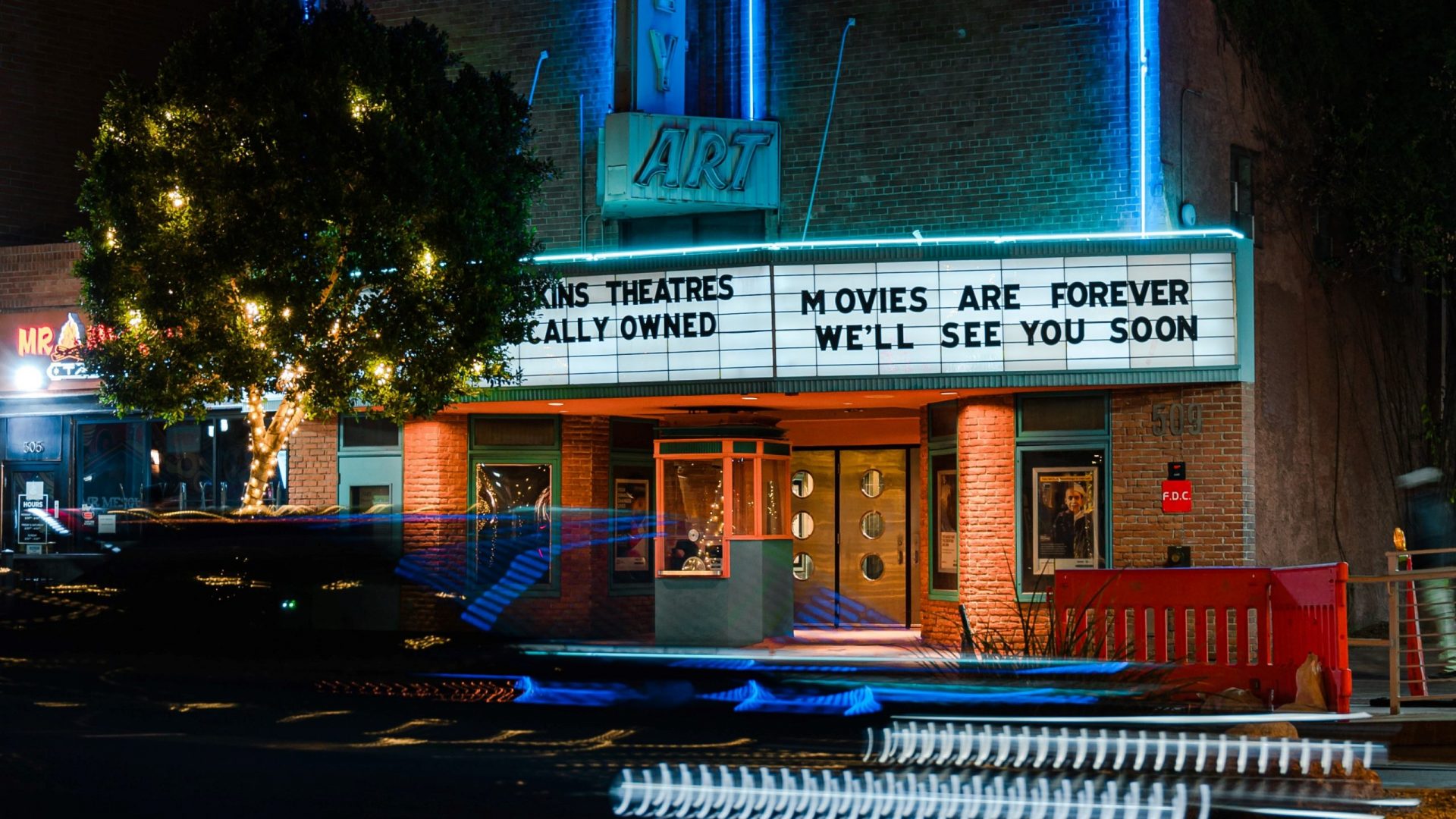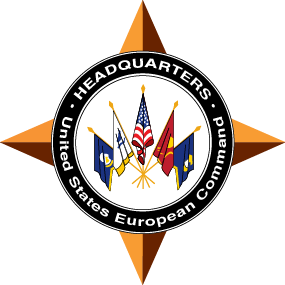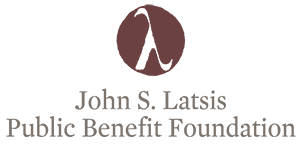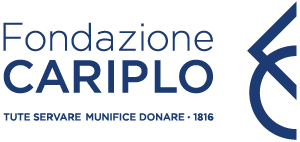
Summary
What’s the role for arts and culture in a post-pandemic, renewed social contract for Europe?
An inspiring and emotional piano performance by Alexandra Dariescu, award-winning concert pianist, producer of “The Nutcracker and I”, creative entrepreneur, and 2018 European Young Leader acted as the perfect segue to a discussion of how to prioritise arts and culture across communities and institutions in Europe. (03:20)
The event provided the opportunity to introduce the recommendations from the policy briefing which had been put together by the European Young Leaders Working Group on Arts and Culture, with input from a range of organisations and stakeholders, and authored by the writer Mary Fitzgerald.
“Rebuilding culture and cultural expression in Europe is a unique opportunity […] to provide remedies to […] some of the problems or the downsides of what the pandemic has brought,” said Jakob Haesler, Managing Director of Foxdixneuf and 2013 European Young Leader. “But also,” he continued, “to address […] a unique cultural perspective on some more fundamental structural issues which have to do with citizenship, inequality, access to culture, and a general sense of inclusiveness.” (12:04)
He highlighted three themes from the policy briefing, namely, to consider technology not as a foe, but as a friend; bring education and the creative industries closer together; culture and exposure to arts is a means for citizens to increase self-esteem and self-worth.
The briefing will now be submitted to the EU Commissioner for Innovation, Research, Culture, Education, and Youth Mariya Gabriel and French Minister for Europe Clément Beaune in advance of France’s EU presidency in the first half of 2022.
Sparking creativity in young people
“Every rare moment that I’ve had a chance in these last two years to go a concert, to a theatre play, or an exhibition, it felt like a real injection of life .” (18:02)
Themis Christophidou, European Commission Director General for Education, Youth, Sport and Culture, began her intervention by recalling her emotions on attending events during the pandemic, before moving on to describe the Commission’s New European Bauhaus which is rooted in “aesthetics, […] urban planning and connected cities, […] solidarity and inclusiveness.It’s about how we live, here and now, but it’s as much about a dialogue between generations”. (18:51)
She also stressed that “[we need] to think about how culture will contribute to the 2022 European Year of Youth […] The year should be and will be a great opportunity […] to honour and support the generation that has sacrificed so much during this pandemic [and] empower young people to take the lead for the future.” (19:53)
This point was picked up later in the discussions by Francesca Cavallo, bestselling author of “Goodnight Stories for Rebel Girls” and entrepreneur and 2019 European Young Leader (EYL40). “[We] have seen how the pandemic […] has impacted the […] mental health of children and how [it] has exacerbated family [and] domestic violence situations,” (40:48) she said.
“Part of the opportunity around culture is also the opportunity to create aesthetic experiences that can heal people[…] Up until COVID, I had always considered culture as a very important thing,” she continued, “but I hadn’t understood how deep its impact could be in keeping society together in terms of helping people heal from a traumatic event.” (41:27)
Art, culture, and sport are really good antidotes to educational poverty, responded Cristina Pozzi, Board Member, COO and Head of Contents at Treccani Futura and 2020-2021 European Young Leader (EYL40). “One of my ideas is to create a framework which is clear and standardised to help schools [ensure that culture] can be part of the school and educational process.” (46:08)
Arts and culture play an important role in promoting social and economic goals and ensuring local regeneration, said Darya Yegorina, Founder of CleverBooks and 2020-2021 European Young Leader (EYL40). “We need to […] promote [arts and culture] with younger generations […] in a lot of different ways to make sure that this is a going to be a growing asset of humanity, [such as] visual technologies, like augmented and virtual […] We can actually support this spark of innovation and […] creativity!” (50:23)
Funding
“We are convinced that the recovery of Europe [from the pandemic] can only be achieved through culture,” (22:14) said Themis Christophidou, adding that €2.4 billion from the Commission’s Recovery and Resilience Facility will be allocated to the cultural and creative sectors until 2027.
She also highlighted that a new budget line under Horizon Europe had been created, worth close to €2 billion, and also listed other opportunities for funding through Erasmus+, InvestEU, Digital Europe, and the values programme of DG Justice.
She explained that her DG had put together a funding guide aimed at these sectors to help them navigate the labyrinth of EU funding, entitled CulturEU.
Illustration: Menah Marleen Wellen
In response, Eduardo Portal Martin, Founding Member and CEO of Passion for Conducting Academy and 2017 European Young Leader (EYL40), described the results of a survey carried out across orchestras across Europe concerning funding, illustrating the three most common issues confronting orchestras.
First, the process to apply for funding is extremely bureaucratic, untransparent, and inefficient in many EU member states. Second, there is often a “big delay” (36:21) in receiving funds, meaning that organisations have to fund themselves initially, which often prevents them from carrying out the project. And third, the lack of supportive sponsorship legislation means it is not attractive for businesses to invest in sponsorship.
As Cultural Creative Industries represent 4.5% of EU GDP and bring in €643 billion of annual revenues, it is fair to ask why isn’t there more private sector involvement, as the motivation for business is evident.
Christophidou also described how the Commission had launched a pilot project to increase artists’ mobility, which had funded 900 artists from 37 countries and enabled them to travel abroad to learn. This tool will now be launched permanently with seven times as much money as the pilot.
COVID has been very hard for artists, said Monica Semedo, Member of the European Parliament Committee on Employment and Social Affairs, rapporteur on cultural recovery in the EU, and 2020-2021 European Young Leader (EYL40). “What became more clear during lockdown […] was that artists have an unsteady income, and it was worsened during lockdown,” (28:37) she said.
She explained how it is difficult for artists to access social security in some EU member states, and this is why the European Parliament had proposed harmonised standards for social security to enhance mobility within Europe and ensure artists do not lose their social security rights.
The parliamentarian also described how women still face some obstacles in the sector. “They are very present, but […] their rights and freedoms are less guaranteed,” she said (30:47).
She also emphasised the importance of training artists in entrepreneurial skills – “you can be very talented, but not talented in business. So, you need training” (31:11) – as well as investing in talented young people so they can attend schools where their skills are fostered.
Concluding, Sneska Quaedvlieg-Mihailovic, Secretary General at Europa Nostra – one of the organisers, together with Culture Action Europe and the European Cultural Foundation, of the #CulturalDealEU – reminded us that arts and culture are so much more than a sector, they are a “vector for a social contract, […] for a sense of togetherness.” (53:53) The challenge now for us and leaders is to shift our mindset to understand that we need culture everywhere because that makes a more beautiful and harmonious world.
Illustration: Menah Marleen Wellen
About
European Young Leaders (EYL40) Working Group on Arts and Culture
THE WORKING GROUP /
The European Young Leaders Working Group on Arts and Culture was established to share and brainstorm ideas for collaborating on pan-European projects related to arts and culture and it draws on the wide range of artists, musicians, writers and cultural practitioners in the European Young Leaders (EYL) network.
Over the course of 2021, the Working Group examined and contributed to proposals in different member states aimed at mitigating the devastating impact of Covid-19 on the cultural sector.
THE WHY /
Brexit, the rising of populism and the pandemic threatened a sense of ‘European-ness’ among citizens of Europe. The Working Group places a particular importance on how arts and culture – a core European industry – can be used as tools to help build that spirit. Culture is about shared basic values such as freedom of expression and solidarity, this unites us. The EU’s motto is: united in diversity. Our job will be to promote that diversity while responding to common challenges.
THE OUTCOME /
The Working Group met three times this year. the discussions’ recommendations and produced a policy briefing in the autumn of 2021 to be brought to the attention of high-level policymakers at European and national level. The briefing will be also handed over to EYLs EU commissioner for innovation, culture, education and youth Mariya Gabriel and Clément Beaune, Europe Minister for France ahead of France taking over the EU rotating presidency in 2021.
This debate will launch the policy briefing of the European Young Leaders (EYL40) Working Group on Arts and Culture. The briefing stems from a series of meetings which took place over the course of 2021. Published just as the Union prepares to welcome a new presidency trio, the upcoming French presidency of the European Council in 2022 will be crucial for the sector, as France has always been a champion of the arts and culture.
The recommendations of the policy briefing aim to strengthen Europe as a leader in artistic creation, anchor broadened cultural practices and celebrate the diversity of European identities, which make Europe Europe.
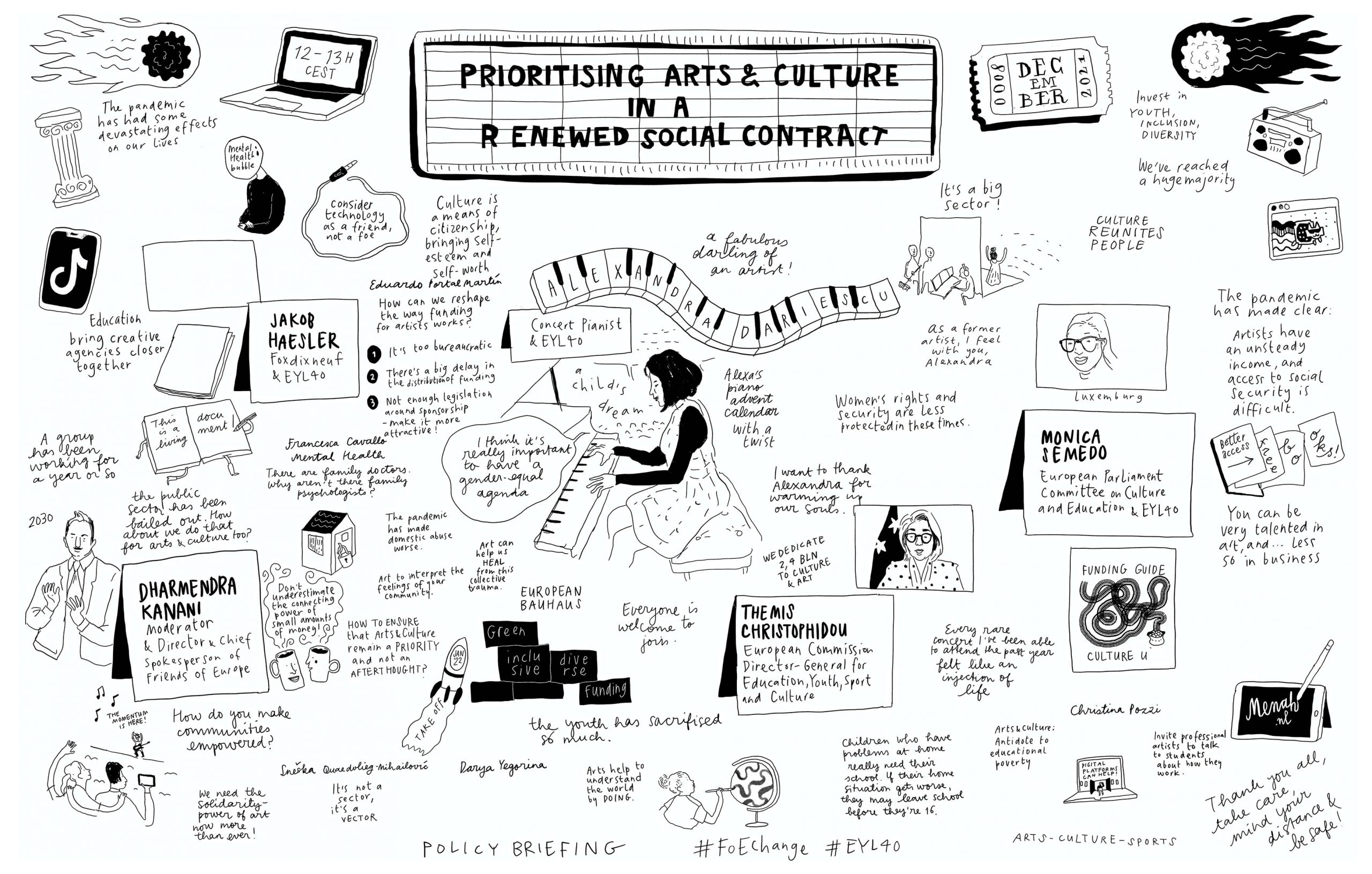
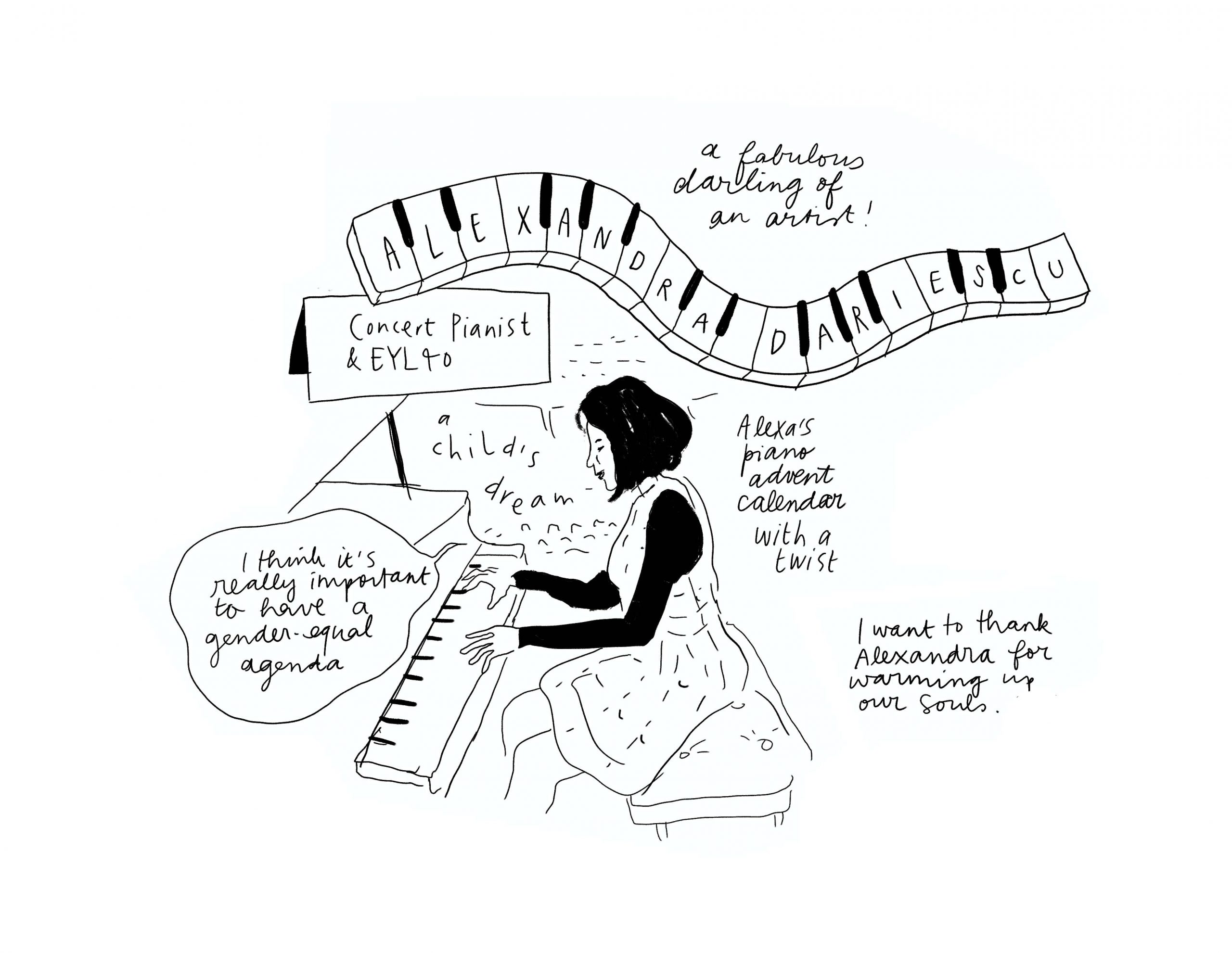
Recommended reading
- Policy briefing: Prioritising arts and culture in a renewed social contract
- European Young Leaders
- Is the way we fund arts today promoting inequality? by Alexandra Dariescu
- The role that arts and culture can play in the recovery, by Mariya Gabriel
- Changing the paradigm for arts & culture funding in Europe, by Jakob Haesler
- Digital for arts and culture during the pandemic recovery, by Amit Sood
- Why arts and culture must be the cornerstone of European recovery plans, by Anne-Solène Rolland
- Rent control and public housing for artists will breathe new life into European cities, by Una Mullally
- A time to reimagine and reinvent, by Mary Fitzgerald
Our events include photos, audio and video recording that we might use for promotional purposes. By registering, you give your permission to use your image. Should you have any questions, please contact us.
PHOTO CREDIT: Jared Murray/Unsplash
Schedule
Europe’s unique cultural heritage has a long history, and the pandemic was a disaster for Europe’s cultural and creative industries (CCIs), leaving many in shock. Even today, months after vaccination campaigns kickstarted across the European Union, CCIs have not fully recovered despite concerted efforts by member states and local authorities.
Friends of Europe is convinced that the show must go on: the crisis invites us to be more creative than ever before and reinvent the arts and culture to the benefit of our communities and society as a whole. Europe needs more continent-wide projects, such as the EU’s New European Bauhaus, which offer the arts and culture a new role in the green digital transition.
The EU recovery plan, which has enabled Europe to tackle a key challenge together rather than separately, should serve as inspiration for orienting cultural spending. This includes completely rethinking the way we allocate money to the arts. Money well spent on arts and culture can transform the role that the sector plays in our lives and the fabric of society, be it as part of education, artistic production or how we consume art.
PERFORMANCE BY
Alexandra Dariescu
Award-winning concert pianist, Piano Professor at the Royal Northern College of Music and 2018 European Young Leader (EYL40)
Policy briefing introduction
Jakob Haesler
Global Head of Consulting at Forvis Mazars Group and 2013 European Young Leader (EYL40)
Speakers
Themis Christophidou
European Commission Director-General for Education, Youth, Sport and Culture
Monica Semedo
Member of the European Parliament Committee on Employment and Social Affairs, rapporteur on cultural recovery in the EU and 2020-2021 European Young Leader (EYL40)
Moderator
Dharmendra Kanani
Chief Operating Officer and Chief Spokesperson of Friends of Europe
Speakers

European Commission Director-General for Education, Youth, Sport and Culture

Award-winning concert pianist, Piano Professor at the Royal Northern College of Music and 2018 European Young Leader (EYL40)
Alexandra is the creator and producer of “The Nutcracker and I”, a ground-breaking multimedia performance created for a piano solo with dance and digital animation. She currently teaches piano at the Royal Northern College of Music in Manchester. Alexandra made her debut at the Carnegie Hall in New York and has performed in many prestigious orchestras, including the Sydney Opera House, London’s Wigmore Hall, Dubai Opera House and the Concertgebouw in Amsterdam. She was the first female Romanian pianist to perform at the Royal Albert Hall in London. Alexandra is an Honorary Associate Artist at the Royal Northern College of Music, Patron of Music in Lyddington, Cultural Ambassador of Romania and Officer of the Romanian Crown. An activist for gender equality in classical music, she is a recipient of the UK’s Women of the Future Award in the Arts and Culture category and dedicates her life to education projects, building bridges and reaching out to the younger generation.

Global Head of Consulting at Forvis Mazars Group and 2013 European Young Leader (EYL40)
Prior to his current position of Global Head Consulting at Forvis Mazars Group, Jakob Haesler was the CEO and Co-Founder of Tinyclues SAS, a Paris-based software startup with the objective of industrialising datamining on Big Data with the help of advanced machine learning algorithms in a Cloud Computing environment. Previously, he was a partner and consultant at McKinsey & Company in Germany and France, where he worked on topics ranging from Banking to Public Sector Reform to Global Public Health issues, notably the creation and distribution of child HIV treatments. Haesler is also a founding partner of the ‘Cercle du Leadership’.

Chief Operating Officer and Chief Spokesperson of Friends of Europe
Prior to joining Friends of Europe, Dharmendra Kanani was director of policy at the European Foundation Centre (EFC). He was the England director at the Big Lottery Fund, the largest independent funder in the UK and fourth largest in the world. Dharmendra has held senior positions in the public and voluntary sectors and advisor to numerous ministerial policy initiatives across the UK.

Member of the European Parliament Committee on Employment and Social Affairs, rapporteur on cultural recovery in the EU and 2020-2021 European Young Leader (EYL40)
Monica is a Luxembourgish TV presenter and politician, and was elected as a Member of the European Parliament in 2019. Having worked as a journalist and TV presenter for over two decades, Monica is well-known amongst Luxembourg’s public. Having won a seat in the European Parliament for Luxembourg’s Democratic Party and serving as a full member of the Committee on Employment and Social Affairs, Monica has expressed her intent to prioritise equal opportunities for children and young people in particular as well as an equal platform for entrepreneurs. Monica has been actively engaged in charity work, including for cancer research and as a former ambassador for SOS Children’s Villages and Fairtrade.
Continue
the debate on
- Debating Europe
